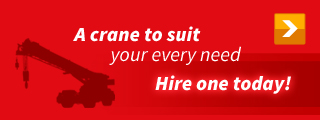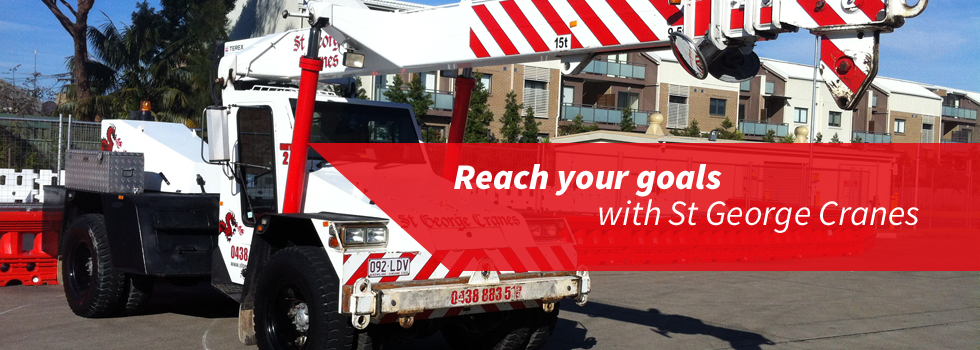Common Crane Hazards and How to Prevent Them
When it comes to crane operations, you can't take anything for granted. Preventive measures should be in place to avoid fatal accidents at the worksite. There are certain misconceptions surrounding crane operations and even the most experienced crane operators may hold these misconceptions.
Let's take a look at some of the most common crane hazards that occur at the job site.
Cranes Tip Over
Several operators think it’s safe to overload the crane by a few kilos but this is a misconception. An overloaded crane could cause the machine to fall over, causing damage to the goods, the crane, and the operator.
A load that falls outside the ideal load bearing range will also cause structural damage to the crane. If the operator overloads the crane repeatedly, the boom may fall apart and the load might come off the hoist.
To prevent this, refer to the crane’s load bearing capacity before starting operations.
Load Falls Off
Walking underneath loaded cranes may seem like a fact of life, but it’s something that should be avoided.
When cranes have endured a significant amount of damage, their loads can fall to the ground. Loads can also fall off a crane when they are not properly centred. While cranes have secondary braking systems, these should not be relied on to protect loads and workers.
Always ensure that loads are centred correctly and that your crane isn’t damaged or weak. Avoid using a crane if it is damaged and ensure that workers never operate underneath cranes, regardless of the situation.
Electrocution
This is another common crane hazard that you can avoid with proper preventive measures. Since they’re metallic, cranes are good conductors of electricity. When they come into contact with live power lines, they channel electricity and electrocute the operator and others working on the site.
To prevent loss of life, it’s important to clearly define work areas with the help of barriers. The crane shouldn’t come within 10 feet of a power line. The OSHA has specified this distance and it applies to crane operations in all sectors.
Skills of a Crane Operator
To prevent hazards at the worksite, only licensed crane operators should perform high-risk jobs. Crane operators in NSW have to pass an assessment through the RTO and acquire a license to carry out high-risk operations. The operator should know how to retain and handle the load at all times and they should also know how to deal with emergency situations.
Crane Rental in Solutions
If you’re looking for mobile cranes, Franna cranes or tight access cranes in Sydney, talk to our team today. Our licensed crane operators have years of experience and we offer you the most competitive prices for crane hire.
Since we’re environmentally conscious, we make sure our machines abide by all NSW regulations.
Call us on (02) 9546 6680, next time you’re looking for a crane for your job. Alternatively, visit us online tolearn more about our range.Date posted: 2016-10-12 | posted by: stgeorgec
Tweet




